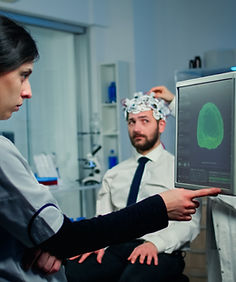top of page
22Neuro: Your Comprehensive Companion on Your Brain Health Journey
Neuro
Tele Health
Personalized Neuro Diagnostics
Neuro Care Management
Experienced Care Navigation
Neuro Community Support
Neuro Wellness Services
22Neuro App Coming Soon

1
Easy Onboarding
-
Easy EHR
-
Easy navigation
-
NeuroWellness Packages
-
Personalized Medicine
-
Personal Advanced Diagnostics
-
Ancillary Services
2
Panel and Analytics
-
Longitudinal data
-
Sharing ability
-
Storing for comparisons
-
Risk Assessments
4
Reports with Multi- Language
-
Generate reports and create daily, weekly or monthly snippets of the most significant metrics.
-
Available in different languages depending on location


3
Education and Support
-
Longitudinal data
-
Sharing ability
-
Best curated access
-
Neuroscience education for the patients & caregivers
-
Community Support
-
Mental Health Support
-
Integrated Care Support
-
Financial Guidance Support
-
Risk Assessments
Our Highlight Services
Testimonials
Latest Blog
Start Your Brain Health Journey with Us!
Unlock the Power of Your Brain: 22Neuro Newsletter
Frequently Asked Questions
22NEURO SERVICES
BRAIN RELATED ILLNESSES
EXPLORE NEUROLOGY
ONGOING TREATMENT
bottom of page















